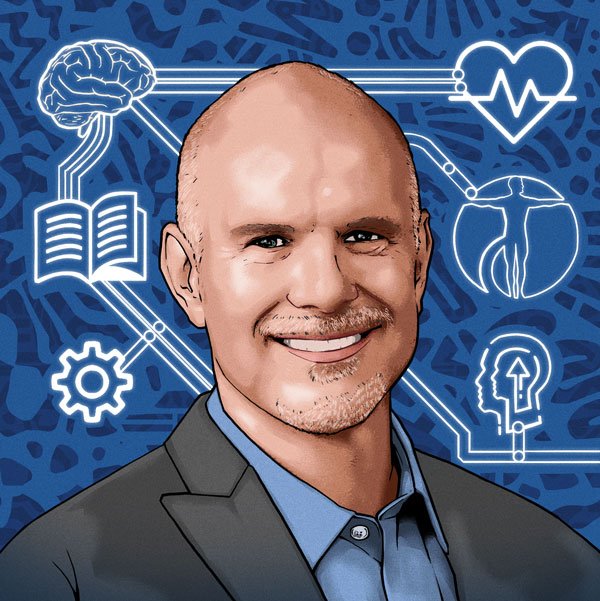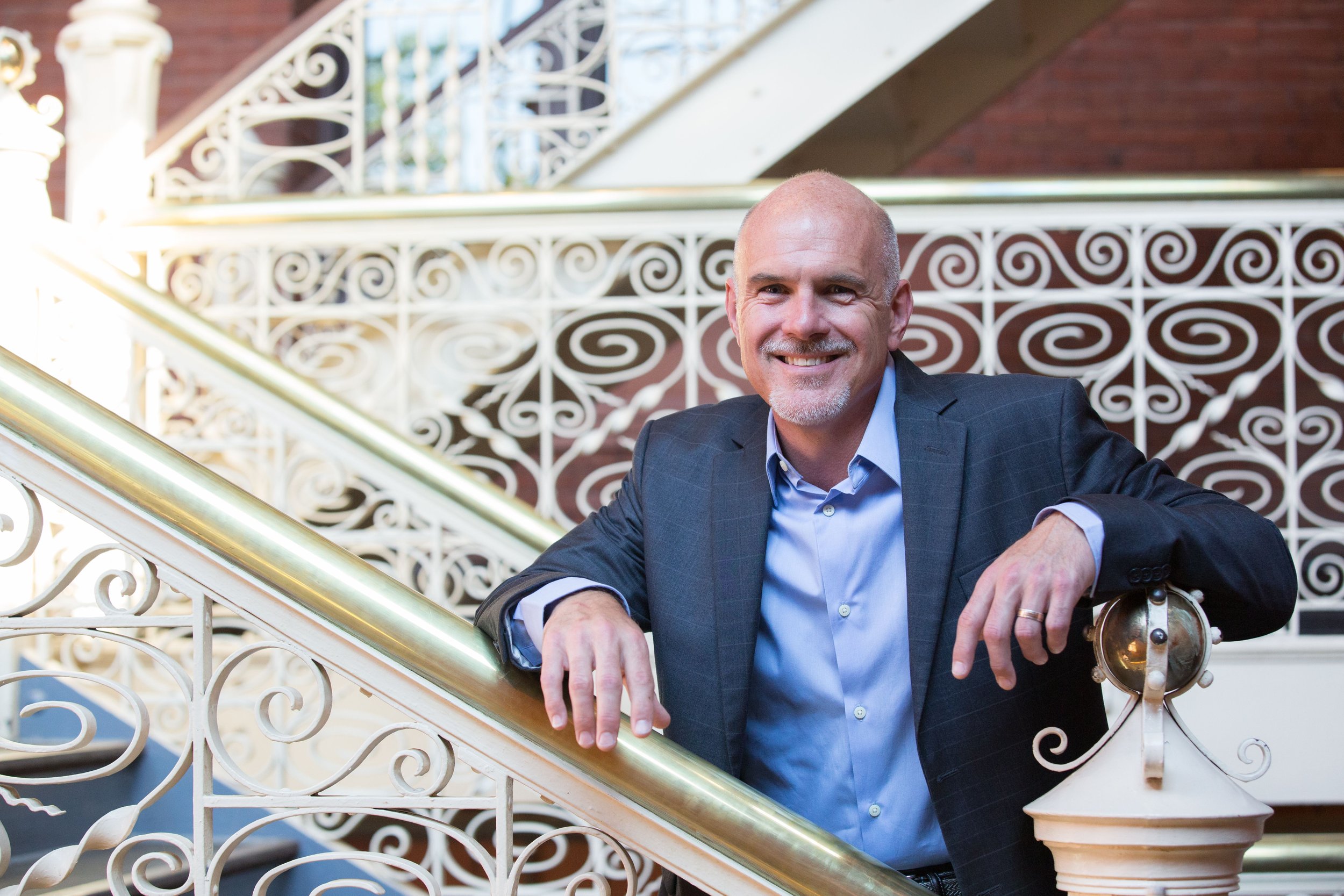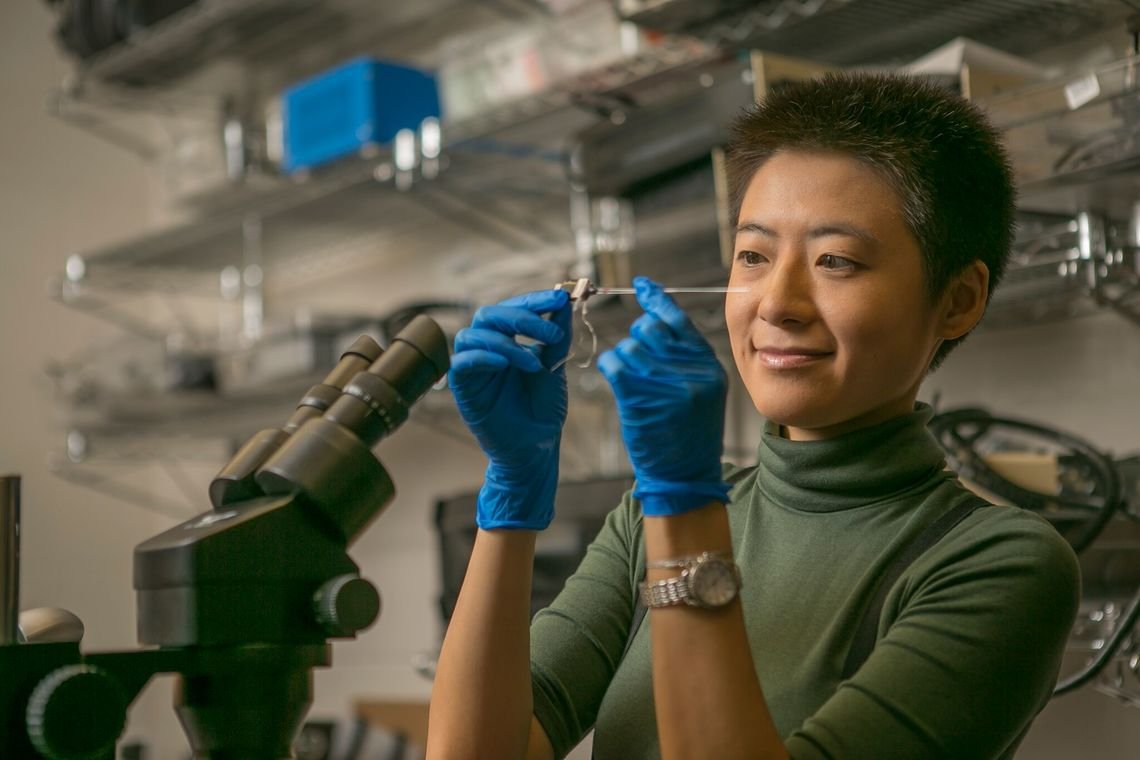
Michael Platt is a neuroscientist, psychologist, and anthropologist whose work focuses on what makes us human.
His mission is to use these insights to help us achieve our best selves—at work, at home, and in the community
His principal questions focus on the biological mechanisms that underlie decision-making in social environments, the grasp of which has broad-scale implications for improving human performance, mental health and wellbeing in societies worldwide.
Michael's unquenchable quest for answers has led him outside the traditional boundaries of neuroscience. His broad expertise in anthropology, psychology, marketing, management, economics, genomics, evolutionary biology, and ethology, in addition to his collaborations with colleagues in these fields, have enabled him to reach ever-deeper levels of understanding about what makes us tick, what makes some people tick together and some not, and what about all this ticking is uniquely human.
Current interests focus on applying insights and technology from brain science to business, particularly questions in branding, marketing, management, finance, innovation, and elite performance. Sports provides a crucible for validating many of these applications. .
Michael's pioneering of the field goes beyond transcending its boundaries. He was among the small cadre of scientists who first rejected the long-held idea that decision-making is a reactive sensory-motor process. Instead, he adopted an economic-mathematical approach to studying its physiology, setting a precedent that has changed standard practice in the field. His particular quantitative approach has established a more realistic method of inquiry that yields improved analyses of data sets in brain research.
A former president of the Society for Neuroeconomics, Michael publishes regularly in top-tier scientific journals and has been featured in prominent TV, radio, print, and online media. With the support of such agencies as the National Institutes of Health, Sloan Foundation, Klingenstein Foundation, McDonnell Foundation, and Department of Defense, he’s written more than 160 peer-reviewed papers and more than 40 review papers that have been collectively cited over 21,000 times. Michael's expertise is sought after outside the realm of academia, as well, leading him to serve in science advisory roles for three major motion pictures, on the boards of multiple companies, and his work to be featured in popular television shows like HBO Vice, MTV, and Boston Legal, among others.
Michael's appointment at Penn signified his return to the place that fed and fostered his passion for using novel combinations of knowledge as tools for discovery. He left Penn with a PhD in biological anthropology, and two decades later returned with a host of international partnerships and an extensive body of groundbreaking work in tow. His presence at Penn, now as a PIK Professor, significantly advances the University’s global leadership in neuroscience, psychology, and business by creating pathways to new knowledge and applying this knowledge in ways that influence human performance, mental health, and wellbeing for individuals, companies, and societies around the world.
Michael also directs the Wharton Neuroscience Initiative (WiN). WiN is a community of faculty, undergraduates, graduate and professional students, and staff interested in connecting brain science and business.




